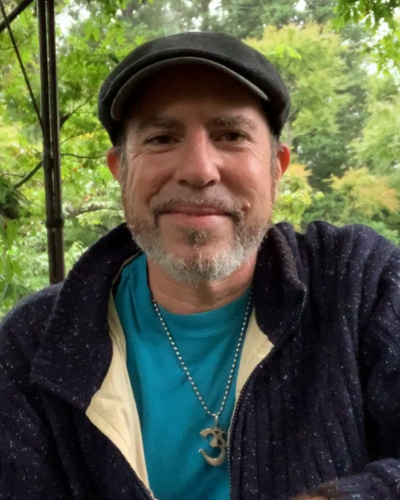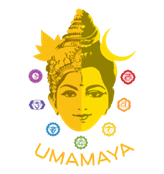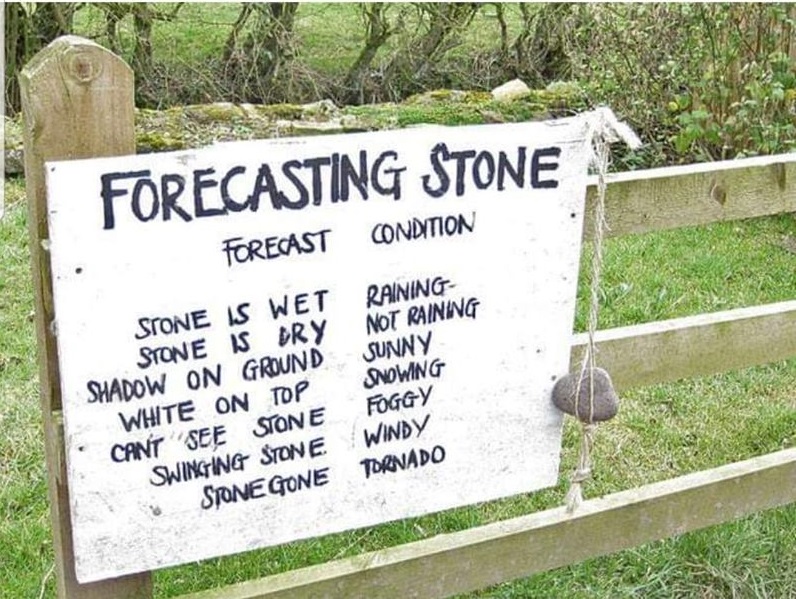Besides the Six Hindrances to Spiritual Development that the sages warn of, at a more fundamental level, readers should first be wary of words.
Words. So powerful. Underestimate them at your peril.
Read or hear a word, next you form a judgement. Speak. Where did those words come from? You never even saw the entrance to the labyrinth you walked into, did you? One moment you were in bliss, peacefully unaware and content. The next moment you looked up and you were lost, with nary an Ariadne’s thread to help you find your way home. And so you sought out books. And people.
Words. So powerful. Like a gun, they are not the enemy.
Someone has to aim, pull the trigger, use with intent. As a tool for hunting and feeding the family, a good rifle can bring home a rabbit or a deer. Words, too, have their use and place. A well-placed word can evoke a desired response. Words can put the whole world in your hand. And there’s really no escaping them anyway; much better to befriend them. After all, no words means no thought. No conversation. No stories. No reality. Everything exists because of the word you know and the identification you make with it. Otherwise, what is the sky to the toddler?
Words are not the pitfall. Blind faith is the pitfall. Belief is the pitfall. Acceptance of someone else’s definition is the pitfall.
And yet, even your own personal experience is often but a conglomerate of the collective. After all, can anybody have a singularly personal experience of eating an apple without judging its appleness? Not usually. A lot of education comes rushing to the surface with every bite. And still, how you do apple is entirely up to you; though Julia Child, Mistress of the Path of Food, has shown us incontrovertibly that an apple may be enjoyed beyond compare when expressed as a Tart and presented alongside apricot jam, Calvados, sugar, butter, and cinnamon.
Make no mistake. There is most definitely a Path of Food, and we are all experienced on this path though some have mastered the path to a greater extent than others due to study and interest, etc. A lot of dogma surrounds the food path, too. There are popular axioms strewn about the path such as “An apple a day keeps the doctor away” which itself has become the basis for an entire sub-path of diet and lifestyle genres.
Isn’t it the same with every path? People are drawn to paths based on our interests and proclivities. We stay on paths based on our experiences of those paths and whether they are taking us to the places we are intending to go to, right? When I want to go to the theater, I take 37th street to the meadows, unless what I want to see is playing in the lake district and then I may just take a casual stroll as I live nearby. Nevertheless, the path will be determined by my goal. And then, of course, there’s that little axiom that says:
The path of least resistance is most desirable.
So I might want to stay away from the traffic on 37th street. Unless, that is, I were to give over my power of volition to some master with a good book, say, an H.G. Wells or a Henry David Thoreau who tells me quite explicitly:
The path of least resistance leads to crooked rivers or crooked men.
I should certainly have to test that theory! Come to think of it, I’ve delightfully sauntered the lake district on many a fair-weathered evening and never experienced anything amiss. What ever could those master authors mean!
Every path leads somewhere and it ain’t always Rome! Unless Rome doesn’t mean Rome, but home; and then it might lead you home, but only if home means Self, and and then again only if that path is designed to take you home and not to another destination, like Naples.
Of course there are paths. There are physical paths we travel with our bodies. We apprentice on paths and study on paths. There are real paths and abstract paths and metaphorical paths, each leading to a destination in its dimension. There are mental paths; logic will take you in one direction per your intended target, while imagination and memory will take you in quite different directions. Best to choose the right path for the target!
Ones who use words better than I have coined the terms and phrases I use today. I hope I do you justice all. For the ones who spoke originally of spirit, you, my friends, have left us a high-minded task indeed just to decipher what you ever meant in the first place. In the West, at least, a firm majority seems to be in agreement that there are five elementals and spirit be but one, though mighty in its place. And an entire genre of thought has been given to this concept with libraries and arts and sciences and mages and masters galore. And yet it is not a mental topic. Fancy that! How utterly mind-bending!
It would appear that though there is absolutely, in no uncertain terms, a path for the determination of spiritual affairs, there are forces at work, predominantly approaching from mental vectors, that would seek to cancel out the indubitably high-minded affair of sussing out the path of the spiritual. One mental perspective calls it illusory. An emotional perspective finds dismay. Both would rather negate the path than variegate the perspective, but that is what is required, for that is expressly the mighty position of the Spirit. The spirit will contain the other dimensional elements while those other single elements each cannot contain the spirit!
To avoid the pitfalls of the path, any path, is to know the path itself. Know the words that make the path. Know their meanings. Use the words precisely. Use The Word impeccably. It is your right! Your birthright!
The greatest pitfalls on the path of the spirit are, in no particular order, as follows:
- Giving over your power of volition to someone else, a guru, an author, a master. Mastery is something attainable for sure and apprentice/disciple-master relationships exist for reasons that do not include the removal of one’s autonomy.
- Believing what you think, lacking flexibility to immediately go in another direction. Mastery is infinitely flexible and impeccable, in any art or science. And yet there are masters with closed minds, too, saying my way is the best way. Go figure. Seems there are degrees of mastery, too.
- Losing sight of other dimensions of reality while focusing only on one. Most common is throwing away the physical for some misguided apprehension of the spirit. Like saying we shouldn’t enjoy our life because we’re spiritual. Neglecting emotional health in favor of, what – a heavy pondering of the will of a God that may or may not exist?
- Blind faith. Putting your belief in any one particular (man-made) axiom, to the exclusion of all else, with neither personal experience to support your position or the wit to examine your own belief objectively. A common example is the position that ego is something that must be destroyed in order to attain a (almost mythical) state of detachment.
- Lack of academic rigor. Masters of the arts and sciences of life exist. Masters of the Spiritual Paths exist. Many have come and gone before us and left us clues and maps, and these are not confined to any one country. There is great body of recorded knowledge on this topic of the spiritual path and its sub-paths and genres and all too often much is ignored for simple contentment with what one thinks one already knows.
- A lack of proper definition for words and/or standardization of meaning, including but not limited to the words ‘spiritual, yoga, zen, kundalini, master, guru, chakra, God, hell, suffering, enlightenment, illusion, oneness, awake’ and even the word ‘path’.
- Not acknowledging what put you on the path of the spiritual in the first place. Nine times out of ten it is a preponderance of suffering. An unwillingness or inability or simply being unaware of a need to look deeply into one’s own conscious constructs, since as far back as one can remember, will keep one trapped in the labyrinth forever. Repeating words from someone else’s book is easy. Writing your own, well, that’s what your path is supposed to be about – or is it? Maybe your spiritual path is exactly as Jesus or Ramana say it is. Who am I to say nay?

…is a Saiva Tantrika, Gyana Yogi and founder of Uma Maheshwara Yoga & Ayurveda. David has an MA in Semiotics, lives in Japan with his family and works as a coach in L & D, devoting his time to developing science-based tools and programs that help people reach the fullest potential of the human condition.
Discover more from REAL YOGA
Subscribe to get the latest posts sent to your email.


